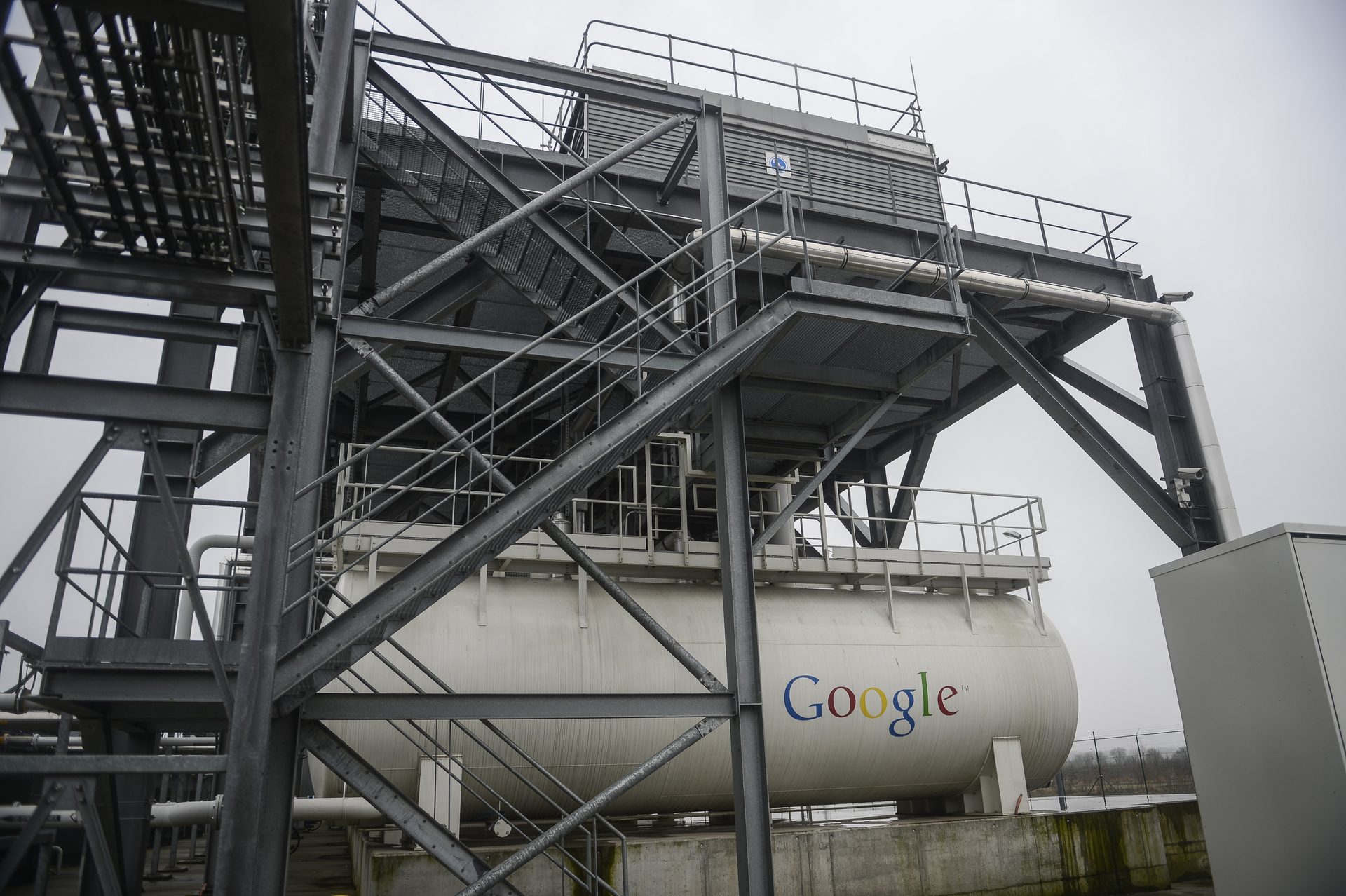Wallonia has approved the construction of a Google data centre in Farciennes, but given its carbon footprint, has imposed strict environmental conditions.
The US tech giant applied for permission to build a data centre in three separate instalments in the region in July 2023. The €600 million project's approval comes as no surprise to either side, and authorities are now welcoming a "green data centre" that will create at least 400 jobs.
However, given data centres' enormous energy consumption levels, the installation of a new centre in Wallonia is conditional upon several measures. Google has committed to ensuring that 90% of its energy sources are decarbonised by 2025, rising to 95% by 2030.
In addition, cooling systems must rely on air rather than water, and 2oo,000m2 worth of solar panels will be installed. In terms of mobility, the company must provide shared scooter and bike stations for employees at two nearby train stations.
"We've been working with Google Belgium on this project since 2022," said Raphael Stockis, urban director for the Walloon public service. "We worked together to raise and improve environmental requirements. They have played the game. And that bodes well."

The Google Data centre in Saint-Ghislain. Credit: Belga/ Laurie Dieffembacq
There are 40 data centres dotted across Belgium with the majority concentrated in Wallonia, the country's French-speaking region. Six of these are owned by Google.
The company has already invested €3 billion in its data centre in Saint-Ghislain, also located in Wallonia. The centre has been dubbed the most "water-hungry" in Europe and the fourth most water-intensive centre worldwide. It consumes one million cubic metres of water per year – the same amount consumed by around 10,700 households in the region.

